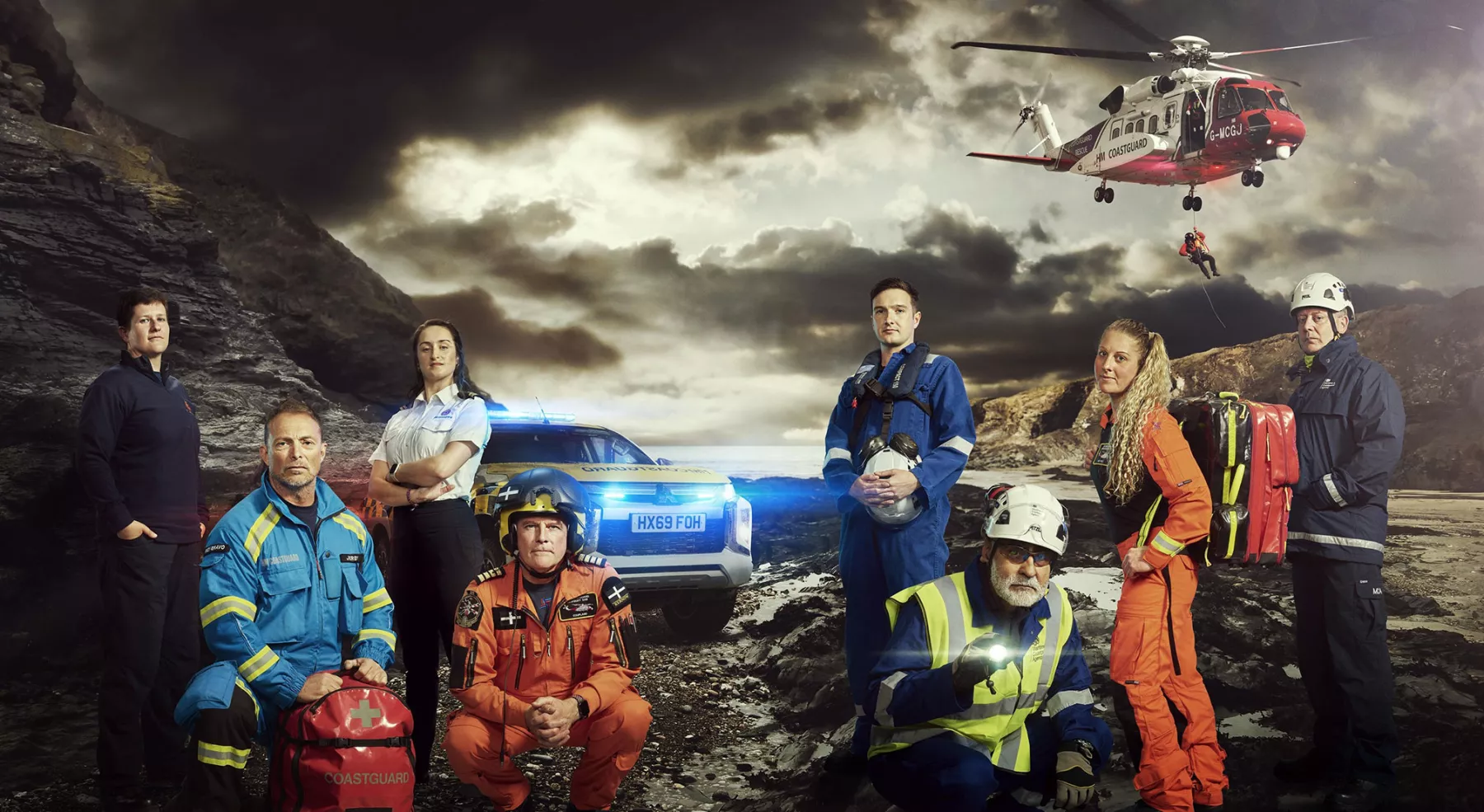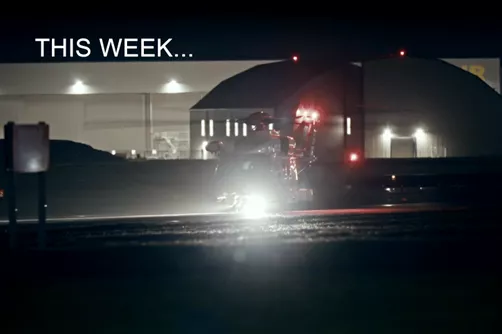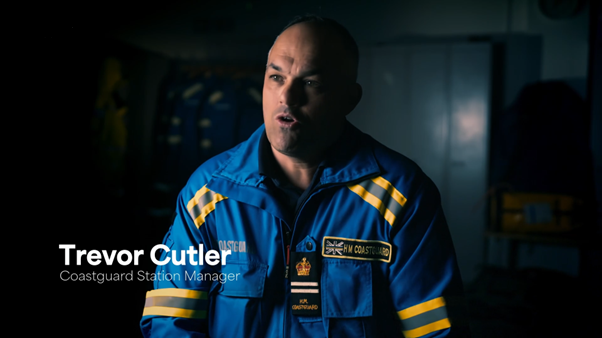Lamin:
“One minute we were rowing and there was so much noise and chaos, and then the boat flipped over, and it was silent – I was in the water and I just remember the silence.”
Lamin was the most inexperienced member of the five-man crew attempting to row around the coast of the UK.
He was given some vital training to ensure he could safely take part before the crew set off from London’s Tower Bridge, on a journey covering more than 2,000 miles of UK coastline.
Lamin said: “I had dolphins swimming alongside the boat and there are a lot of good memories, until the weather really turned. We saw the best and the worst of what the sea can offer.
“The weather got worse and worse and then we capsized, we grounded, we had a number of problems before the night we retired – we called a mayday when it was clear we couldn’t get out of it ourselves.
“I look back now and think ‘thank you’ to Jason for recognising when we needed that help and getting it to us.”
Lamin is no stranger to scary or intense experiences, having competed at two Winter Olympics in bobsleigh and having served with the Grenadier Guards in Bosnia and Kosovo.
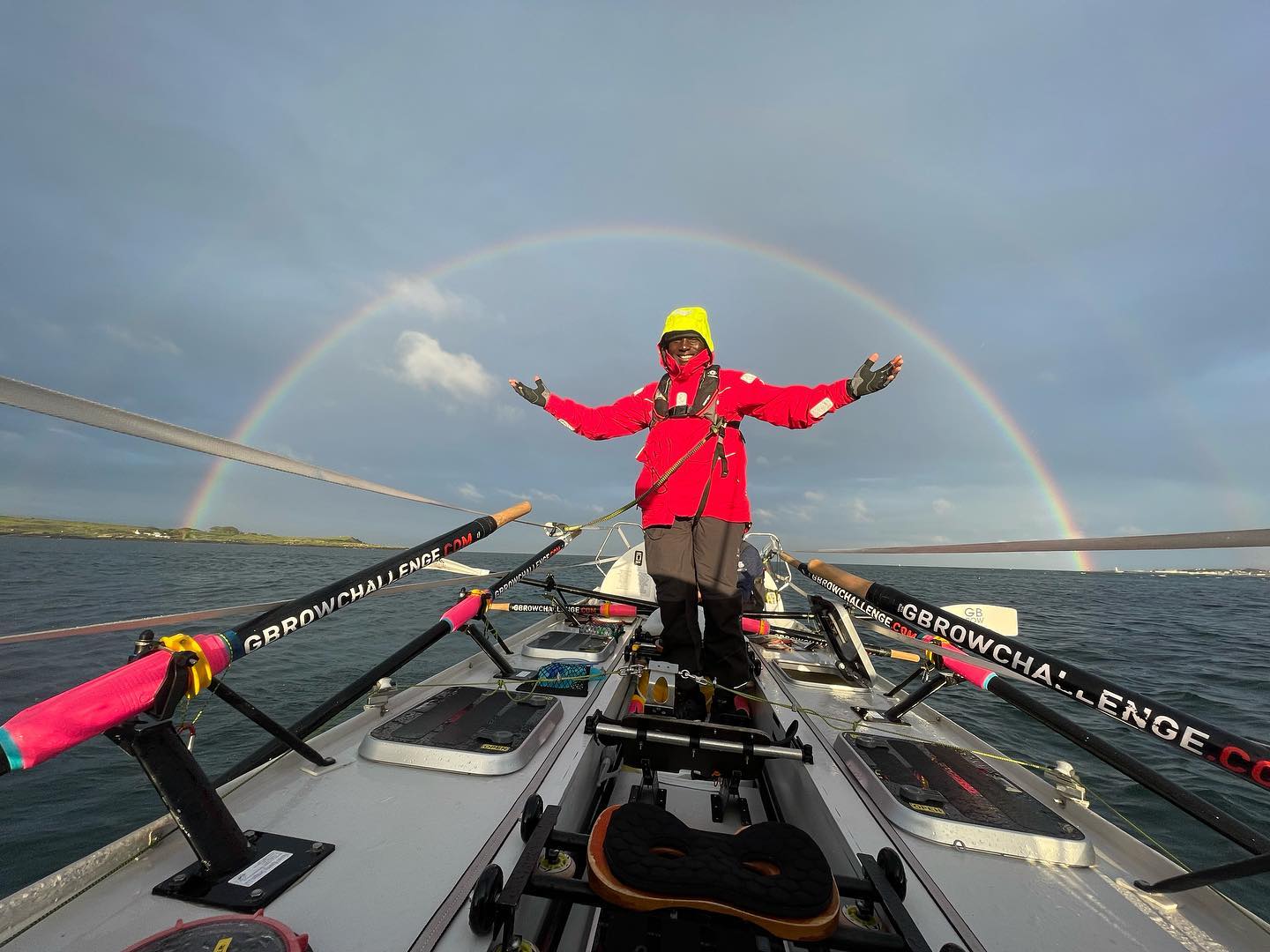
Jason:
Jason has completed the GB Row Challenge before, in a record time in 2013. He has rowed across the Atlantic, travelled widely and taken on many physical challenges.
But few as challenging as the experience which led to the Prestwick helicopter crew coming to their aid that night.
“The weather got worse and worse as we rowed – we were battling poor conditions for over a week,” he said. “And it took its toll on us all, mentally and physically.
“I think that’s one of the most important elements of taking on a challenge like this, recognising when you need to call for help – and when you need the Coastguard.
“You don't want to be the fool that has to call for help, but actually, it is the best decision to make. You’re a fool if you don’t call for help when the time has come.”
He said that the decision to call a Mayday on Channel 16 was mulled over for a little while by the crew’s skipper but that it was undoubtedly the right one.
“We now know that when the helicopter came to our rescue, we were just 300 metres from the rocks and a much more serious situation.”
Sophie:
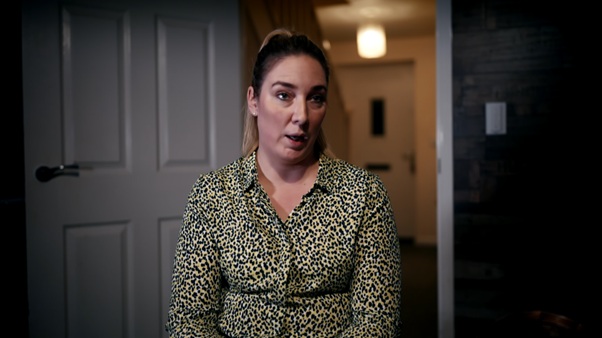
Sophie said that the experience would stay with her for a long time, as she reflected on her gratitude towards the Coastguard.
“Just really grateful to the Coastguard for coming to get us,” she said. “It was close, we were drifting closer and closer to the rocks and who knows what might have happened then.
“But the helicopter arrived, and the lifeboat too, they saved our lives.”
She said that the rowing crew have been trying to find a suitable date this summer to reconnect with their helicopter saviours but that, to date, they are still finding the right time.
“It would be really special if we could come together,” the Paralympic rower said. “We’ve been trying but between one thing and another we haven’t yet been able to get together. But it would be great to see Euan (winch paramedic) and the whole crew soon to talk about it all.
“I think all of us learned a lot that night – and we appreciate the Coastguard more than ever!”
Sophie had the added challenge in the race of being a leg amputee and it also added a challenge to the rescue, due to the way a winch works.
A helicopter winch uses a casualty’s limbs for security and so a little more time and consideration was needed by the helicopter crew to ensure Sophie would be secure in the winch strop.
With the experience of the search and rescue helicopter crew on hand to provide reassurance and expertise, Sophie knew that she was in safe hands.
